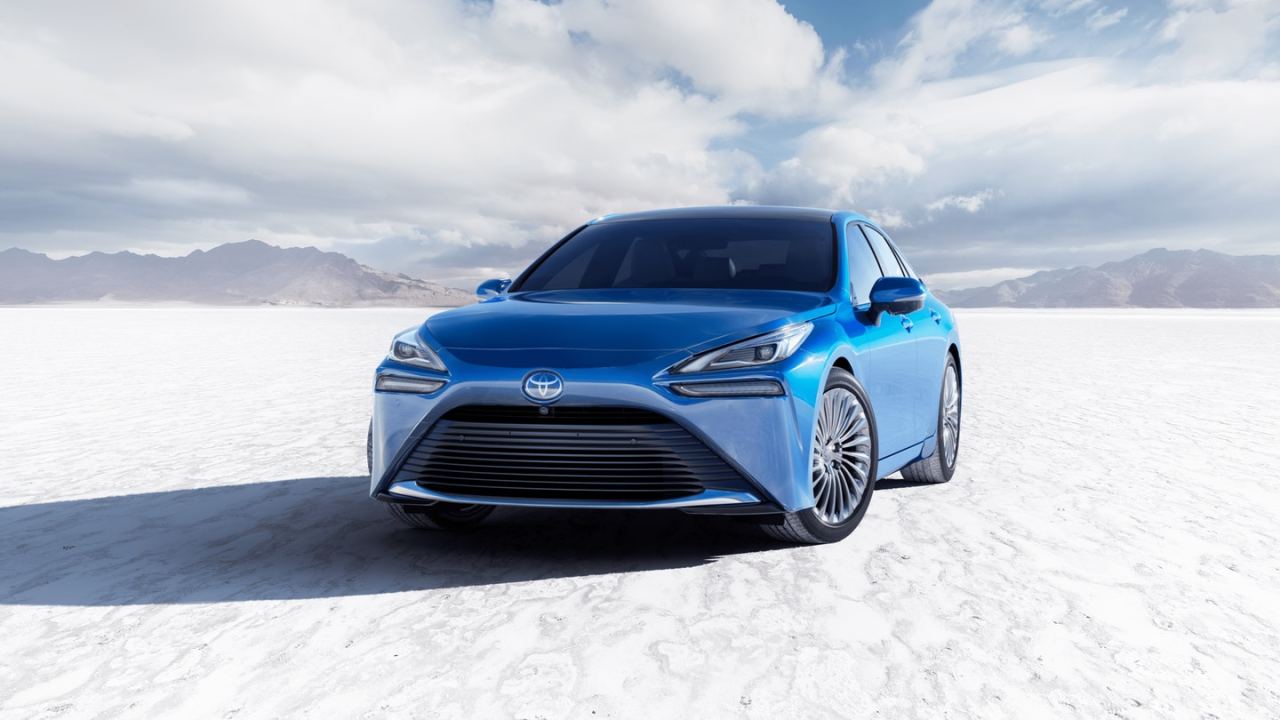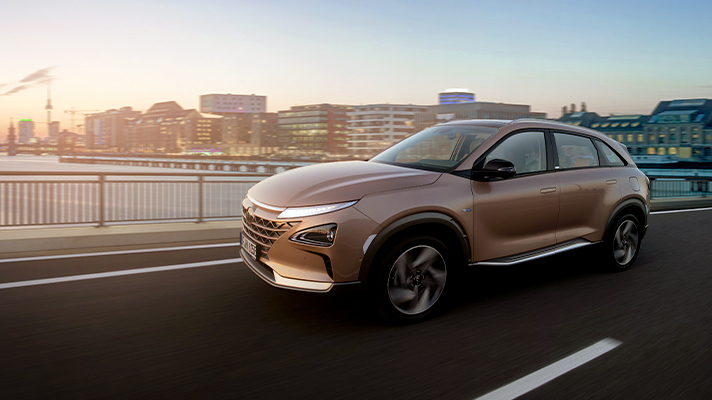 |
Toyota Motor’s new Mirai (Toyota Motor) |
As competition is escalating among hydrogen automakers, Toyota Motor topped global fuel cell electric vehicle sales in the first quarter this year, beating Hyundai Motor, which had led the global FCEV market in 2020, research revealed Wednesday.
According to SNE Research, global sales of FCEVs jumped 89.2 percent on-year, hitting nearly 4,000 units in the first quarter this year.
Toyota, which took 15.1 percent of the FCEV market share in 2020, witnessed a surge in its FCEV sales by nearly sixfold in the first quarter this year, accounting for almost half of the total global sales, according to the data.
SNE Research explained Toyota’s sales boost in the first quarter derives from its launch of the second-generation Mirai in late 2020, which came with a complete makeover not only in its performance, but also appearance.
Toyota said it increased the Mirai’s fuel storage capacity and driving range by 30 percent -- to around 650 kilometers for a single charge -- by adopting a new power platform, GA-L.
 |
Hyundai Motor’s Nexo (Hyundai Motor) |
Hyundai Motor, which came in second, sold 1,800 FCEVs in the first quarter this year, a figure boosted by 29.5 percent on-year with its release of the 2021 model of the first-generation Nexo in Korea in January.
The Nexo’s maximum driving range is up to 609 kilometers per charge, according to Hyundai.
“Hyundai Motor led the hydrogen car market in 2020 and has lost ground to Toyota in 2021 when it introduced the second-generation Mirai model,” SNE Research said in the press release.
Expecting the competition between Hyundai and Toyota to intensify, SNE Research said, “attention is paid on Hyundai Motor’s countermeasures before it comes up with the second-generation Nexo model in 2023.”
Honda, on the other hand, saw its sales shrivel due to the “obsolescence” of its FCEV Honda Clarity, SNE Research said. Honda sold about 100 units in the first quarter this year, down by 2.1 percent.
By Jo He-rim (
herim@heraldcorp.com)









